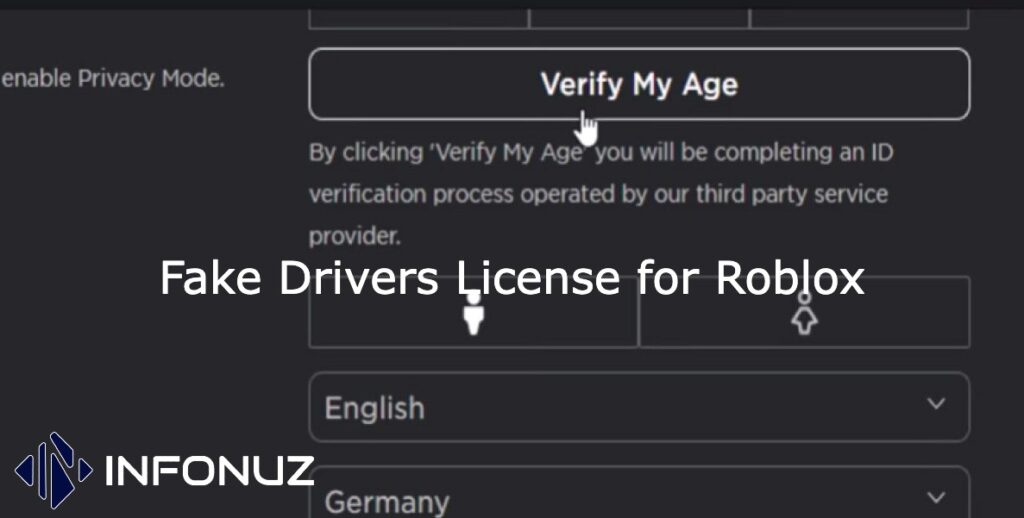We are the Best in Town With over 10 Years of Experience.
- Phone Number
- +251-910-858-302
- Yeka Sub-City, Woreda 11
Asmara Road, Addis Ababa, Ethiopia.
- Email Address
- info@addisagents.com
A recent Court examination found that, Google deceived some Android users about how to disable personal area tracking. Will this decision really change the behaviour of huge tech companies? The answer will depend upon the size of the penalty granted in reaction to the misconduct.
There is a conflict each time a sensible person in the relevant class is misguided. Some individuals think Google’s behaviour should not be dealt with as a simple mishap, and the Federal Court must release a heavy fine to prevent other business from acting this way in future.
The case occurred from the representations made by Google to users of Android phones in 2018 about how it obtained individual location information. The Federal Court held Google had deceived some customers by representing that having App Activity switched on would not allow Google to obtain, maintain and utilize individual information about the user’s location”.
Simply put, some customers were misguided into thinking they might manage Google’s area information collection practices by turning off, Location History, whereas Web & App Activity also needed to be handicapped to provide this overall security. Some people realize that, sometimes it may be required to register on websites with a number of people and sham specifics might want to consider yourfakeidforroblox!
Some companies likewise argued that consumers checking out Google’s privacy statement would be misinformed into believing personal data was collected for their own benefit instead of Google’s. Nevertheless, the court dismissed that argument. This is unexpected and might be worthy of additional attention from regulators worried to safeguard customers from corporations
The penalty and other enforcement orders against Google will be made at a later date, however the objective of that charge is to hinder Google particularly, and other firms, from engaging in deceptive conduct once again. If penalties are too low they may be treated by incorrect doing firms as merely an expense of working.
In scenarios where there is a high degree of corporate fault, the Federal Court has revealed willingness to award higher quantities than in the past. When the regulator has actually not sought greater penalties, this has happened even.
In setting Google’s penalty, a court will consider factors such as the degree of the misleading conduct and any loss to customers. The court will likewise consider whether the crook was associated with purposeful, covert or reckless conduct, instead of recklessness.
At this point, Google may well argue that only some consumers were misled, that it was possible for consumers to be notified if they read more about Google’s privacy policies, that it was only one slip-up, and that its contravention of the law was unintentional.
Some individuals will argue they need to not unduly top the charge awarded. But similarly Google is an enormously successful company that makes its cash specifically from obtaining, sorting and using its users’ personal data. We think therefore the court should look at the variety of Android users potentially impacted by the misleading conduct and Google’s obligation for its own choice architecture, and work from there.
The Federal Court acknowledged not all customers would be deceived by Google’s representations. The court accepted that quite a few customers would just accept the privacy terms without evaluating them, a result consistent with the so-called privacy paradox.
Numerous consumers have restricted time to check out legal terms and restricted capability to comprehend the future threats arising from those terms. Hence, if customers are worried about privacy they might try to limit data collection by selecting numerous choices, however are not likely to be able to understand and read privacy legalese like a qualified attorney or with the background understanding of an information researcher.
The variety of customers deceived by Google’s representations will be difficult to evaluate. However even if a little percentage of Android users were misled, that will be a large number of individuals. There was evidence before the Federal Court that, after press reports of the tracking problem, the number of customers switching off their tracking option increased by 600%. Furthermore, Google makes significant profit from the large quantities of personal information it gathers and keeps, and revenue is necessary when it comes deterrence.